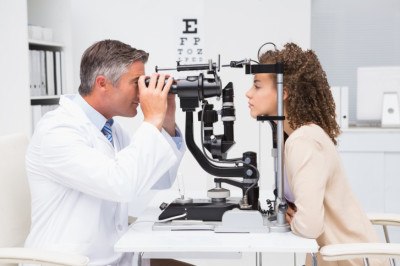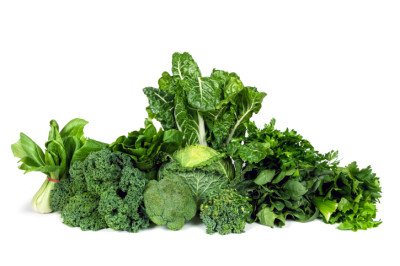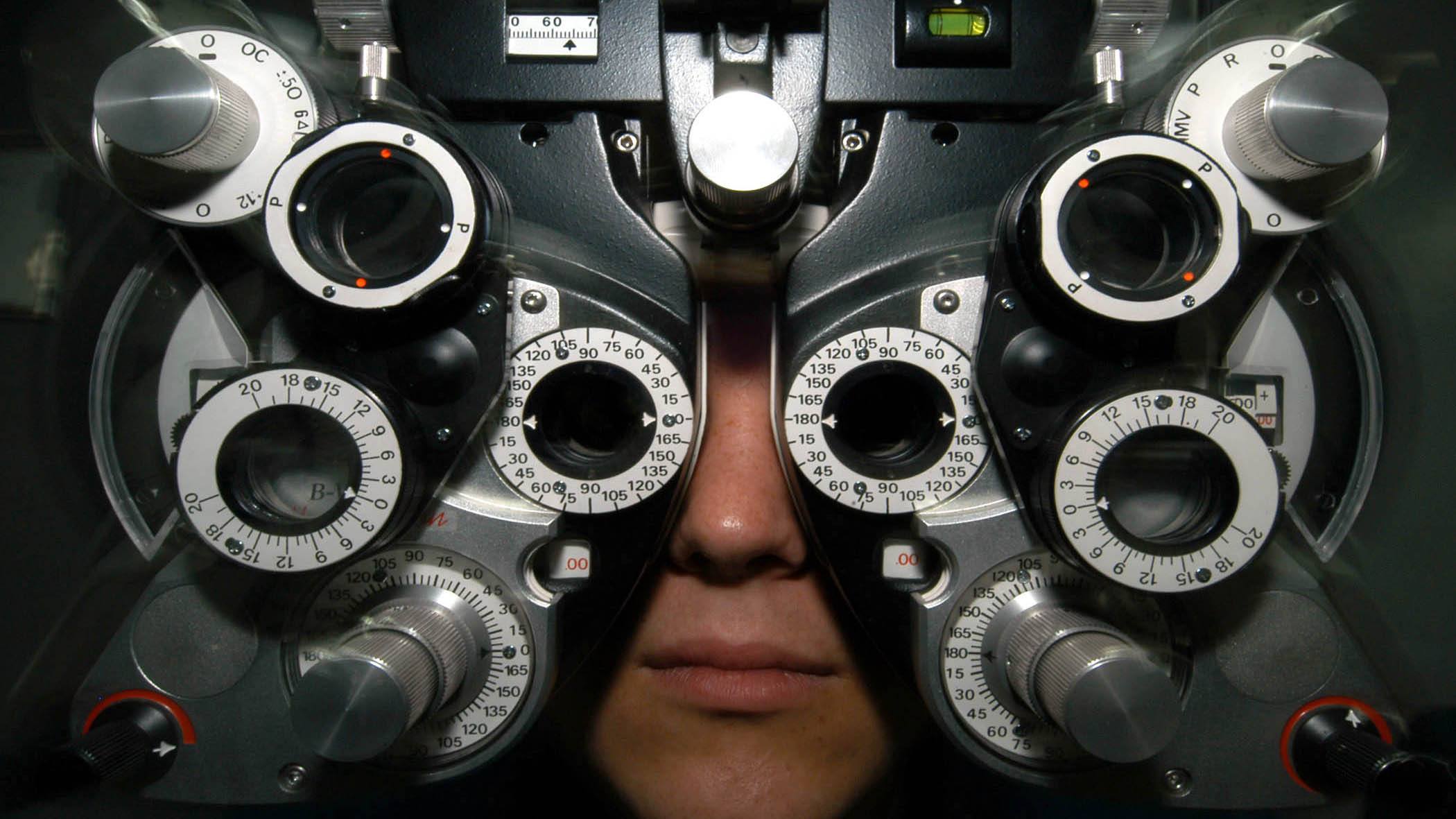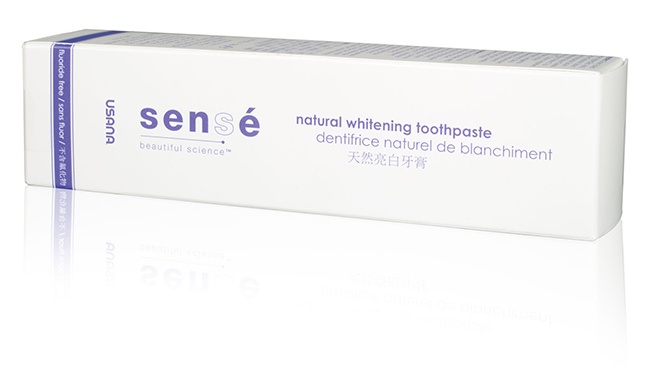Get the Right Nutrition for Your Eye Health
When it comes to eye health, I realize that I’ve been really lucky. I never had to wear glasses or contact lenses. I never had to squint to read the whiteboard or my book. I can see pretty decently at night and my peripheral vision has saved me from innumerable car accidents.
Then there was that one incident in college when I walked into a board sticking out of the back of someone’s pickup truck. (No, I wasn’t texting.)
If you’re squeamish, skip to the next paragraph. This literal run-in resulted in a little blood and just a few tiny splinters in my left eyeball. Also the first optometrist appointment I’d had in many years.
Shortly after that (though presumably unrelated), I started having a hard time focusing while reading for long stretches of time.
Visit Your Optometrist
Both of these experiences made me realize how important eye health really is. Clear vision (and eyesight, in general) is definitely something we take for granted until it’s gone.
 That’s why it’s important to visit your eye doctor regularly. Generally, that means every 1-2 years depending on your age, risk factors, and current eyesight.
That’s why it’s important to visit your eye doctor regularly. Generally, that means every 1-2 years depending on your age, risk factors, and current eyesight.
Eye Health and Nutrition
Another thing I learned about eye health is that your fate is not purely based on genetics. Nutrition and eye health actually go hand-in-hand.
Several studies have already made the link between eye health and nutrition. Now, further scientific studies are looking at the specific nutrients that may have a positive correlation with maintaining eye health.*
Initial research has indicated that vitamin C, zinc, lutein, zeaxanthin, and omega-3s are key nutrients to maintain healthy eyes.*
In fact, vitamin c concentration is significantly higher in the retina than in the blood. Zinc is also found in high concentrations in the eye, and it has the important job of transporting vitamin A to the retina.
“Lutein and zeaxanthin are both carotenoids that filter harmful, high-energy, blue wavelengths of light and act as antioxidants in the eye, helping protect and maintain healthy cells. Of the 600 carotenoids found in nature, these are the only two that are deposited in high quantities in the retina (macula) of the eye.”* –American Optometric Associations
What Should I Be Eating?
 You’re probably heard a lot about vitamin C by now, and you probably know about eating oranges to get more of it, but Vitamin C is also found in grapefruit, spinach, tomatoes, bananas, apples, peaches, and many other food sources.
You’re probably heard a lot about vitamin C by now, and you probably know about eating oranges to get more of it, but Vitamin C is also found in grapefruit, spinach, tomatoes, bananas, apples, peaches, and many other food sources.
Zinc can be found in red meat, seafood, poultry, eggs, wheat germ, mixed nuts, black-eyed peas, tofu, and baked beans.
You can increase lutein and zeaxanthin in your diet by eating more dark, leafy greens (kale, spinach, and romaine lettuce), corn, green beans, broccoli, and eggs.
Omega-3 Fatty Acids are present in fatty fish, like salmon, tuna, mackerel, anchovies, and trout.
So, don’t wait to take care of your eyes. Visit your optometrist regularly and make sure that you’re eating a healthy diet full of nutrients that help protect your eyes.
One last tip: watch where you’re walking.
| *These statements have not been evaluated by the Food and Drug Administration.This product is not intended to diagnose, treat, cure, or prevent any disease. |
We’re proud to bring you the freshest content on the web! Follow USANA on Twitter, like our USANA Facebook page and enjoy the latest videos on the official USANA YouTube channel.
 Learn what USANA is doing to make the world a better place.
Learn what USANA is doing to make the world a better place.
The future of personalized health and nutrition is now available with USANA’s True Health Assessment.











Hi Sarah Flinn,
Great post! Thank you so much for the advices. I find this article significant. Keep on posting!